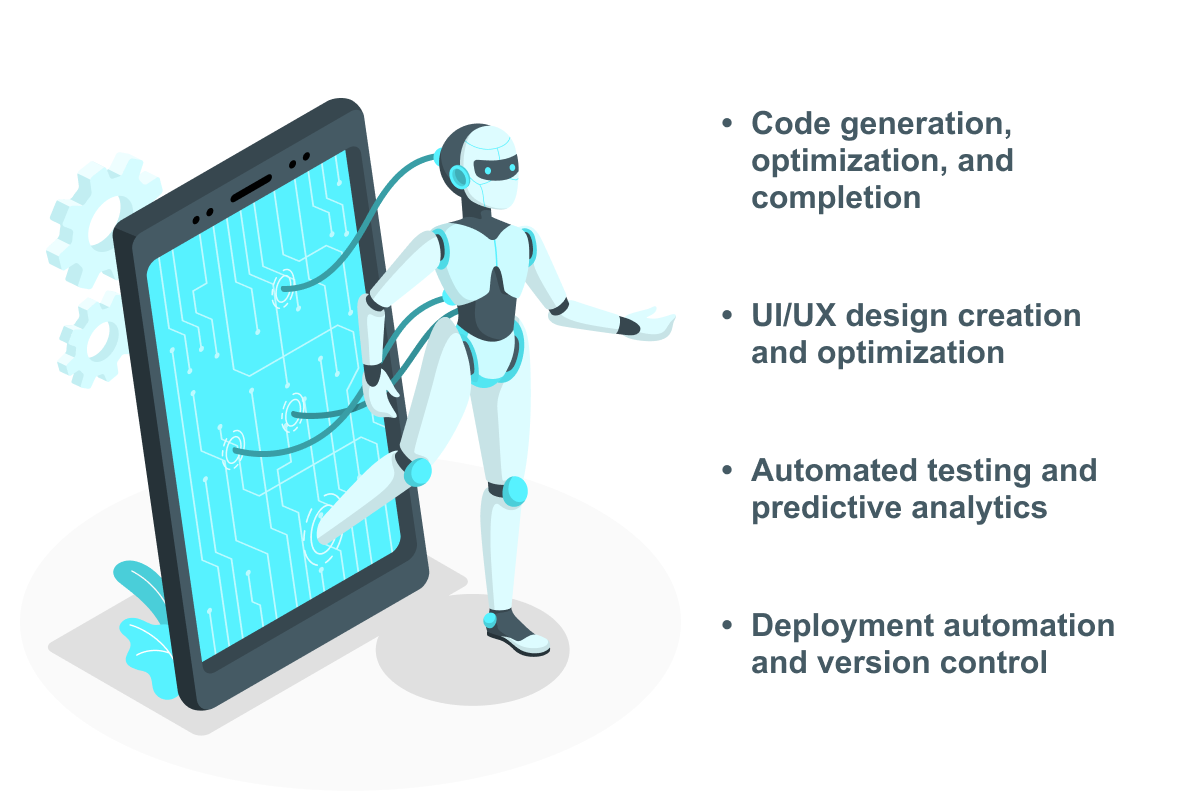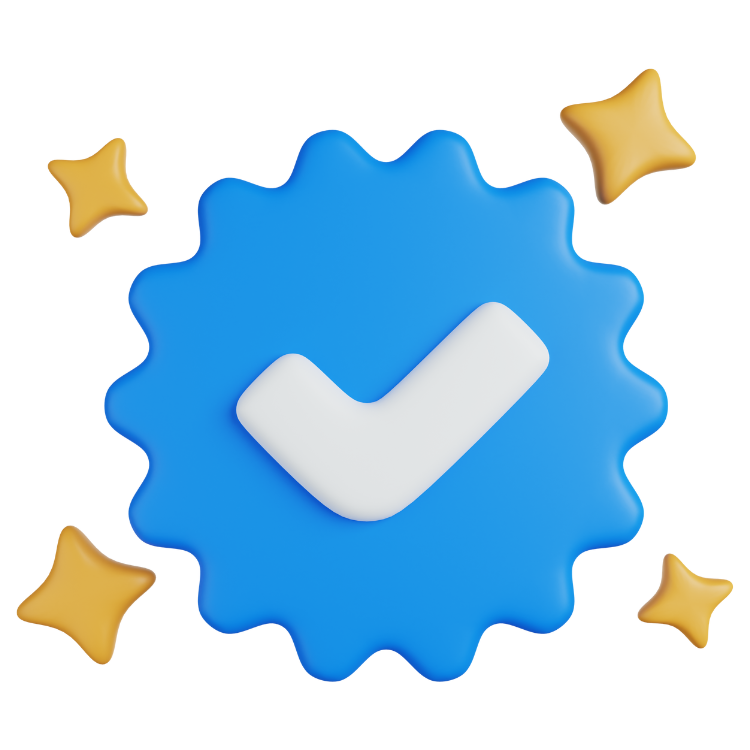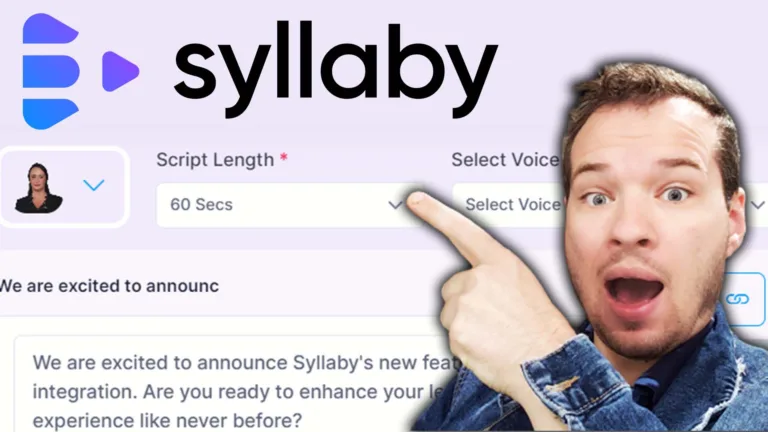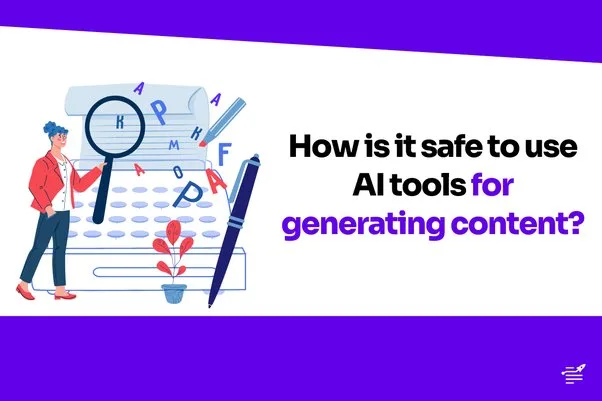Are AI Web Tools Difficult To Implement?
If you’ve ever wondered whether implementing AI web tools is a difficult task, then you’ve come to the right place! Today, we’re going to dive deep into the world of AI web tools and explore whether they are as challenging to implement as they may seem. So, grab a cup of coffee and get ready to embark on this exciting journey with me!
When it comes to AI web tools, the question of difficulty often arises. Many people assume that these cutting-edge technologies are complex and require advanced technical skills to implement. However, the truth is quite the opposite. While AI web tools may sound intimidating, they are designed to be user-friendly and accessible to individuals with various levels of technical expertise. So, let’s put any doubts or fears aside and uncover the reality behind implementing AI web tools.

Are AI Web Tools Difficult to Implement?
Artificial Intelligence (AI) has become an integral part of our lives, transforming various industries and revolutionizing the way businesses operate. When it comes to web tools, AI has emerged as a game-changer, offering advanced functionalities and capabilities. However, many individuals and businesses may wonder if implementing AI web tools is a challenging process. In this article, we will explore the complexities and considerations involved in implementing AI web tools, shedding light on the potential difficulties and offering insights to overcome them.
The Potential Challenges of Implementing AI Web Tools
Implementing AI web tools can indeed present certain challenges. One of the primary difficulties lies in understanding the intricacies of AI technology itself. AI algorithms and models can be complex, requiring a deep understanding of data science and machine learning principles. This complexity can make it daunting for individuals or businesses without prior experience in AI to navigate the implementation process.
Another challenge is the availability of skilled personnel. Developing and deploying AI web tools often requires a team of experts, including data scientists, machine learning engineers, and software developers. Finding and hiring these professionals can be a time-consuming and costly endeavor, especially considering the current shortage of AI talent in the job market.
Additionally, integrating AI web tools into existing systems and workflows can pose compatibility issues. Legacy systems may not be designed to seamlessly incorporate AI functionalities, necessitating significant modifications or even a complete overhaul of the infrastructure. This can be a disruptive and resource-intensive process, requiring careful planning and execution.
Overcoming the Challenges
While implementing AI web tools may present challenges, they are by no means insurmountable. Here are some strategies to overcome these difficulties and ensure a successful implementation:
1. Invest in AI Education and Training
To navigate the complex world of AI, it is crucial to invest in education and training. Individuals and businesses can enroll in AI courses, attend workshops, or participate in online learning platforms to gain a solid understanding of AI principles and techniques. This knowledge will empower them to make informed decisions during the implementation process and effectively communicate with AI experts.
2. Collaborate with AI Experts
Collaborating with AI experts and consultants can significantly simplify the implementation process. These professionals bring in-depth knowledge and expertise, guiding businesses through the various stages of implementation, from data collection and preprocessing to model development and deployment. By leveraging their experience, businesses can navigate the complexities of AI implementation more effectively.
3. Leverage AI-Enabled Development Platforms
AI-enabled development platforms provide pre-built tools and frameworks that simplify the implementation process. These platforms offer drag-and-drop interfaces, pre-trained models, and automated workflows, reducing the need for extensive coding and technical expertise. By leveraging these platforms, businesses can accelerate the development and deployment of AI web tools, even without a dedicated team of AI specialists.
4. Gradual Integration and Iterative Approach
Instead of attempting a complete overhaul, businesses can adopt a gradual integration and iterative approach. This involves implementing AI web tools in small, manageable stages, allowing for testing, feedback, and refinement along the way. By breaking down the implementation process into smaller steps, businesses can mitigate risks, identify challenges early on, and make necessary adjustments, ensuring a smoother transition.
5. Foster a Culture of Innovation and Adaptability
Successfully implementing AI web tools requires fostering a culture of innovation and adaptability within the organization. Encouraging employees to embrace new technologies and providing them with the necessary resources and support will create an environment conducive to AI implementation. Cultivating a growth mindset and promoting continuous learning will enable businesses to overcome challenges and leverage the full potential of AI.
By acknowledging the potential challenges and adopting these strategies, businesses and individuals can navigate the complexities of implementing AI web tools. While there may be difficulties along the way, the benefits of AI in enhancing efficiency, accuracy, and user experience make the investment worthwhile. Embracing AI web tools can position businesses at the forefront of technological advancements and drive future success.
Key Takeaways: Are AI web tools difficult to implement?
- AI web tools can be challenging to implement, but they offer numerous benefits.
- It is important to have a clear understanding of your goals and requirements before implementing AI web tools.
- Choosing the right AI tool that aligns with your needs can make the implementation process smoother.
- Proper training and support from AI tool providers can help overcome implementation difficulties.
- Regular updates and maintenance are necessary to ensure the smooth functioning of AI web tools.
Frequently Asked Questions
Question 1: Can AI web tools be implemented without technical expertise?
Implementing AI web tools does require a certain level of technical expertise, but it doesn’t mean you need to be a coding wizard. Many AI tools are designed to be user-friendly and intuitive, allowing users with basic technical knowledge to implement them successfully. Additionally, there are plenty of online resources and tutorials available to help you navigate the implementation process.
However, if you don’t have any technical background at all, it may be helpful to seek assistance from someone who does. Hiring a developer or working with an AI consultant can greatly simplify the implementation process and ensure that the tools are set up correctly.
Question 2: What are the common challenges in implementing AI web tools?
Implementing AI web tools can present certain challenges, but they are not insurmountable. One common challenge is data integration. AI tools rely on large amounts of data to train their algorithms and provide accurate results. Ensuring that your data is properly collected, cleaned, and integrated with the AI tool can be time-consuming and require careful attention to detail.
Another challenge is selecting the right AI tool for your specific needs. With the wide variety of AI web tools available, it can be overwhelming to choose the one that best aligns with your goals and requirements. Conducting thorough research and seeking recommendations from experts can help you make an informed decision.
Question 3: How long does it take to implement AI web tools?
The time it takes to implement AI web tools can vary depending on several factors, including the complexity of the tool, the size of your organization, and the level of technical expertise available. Simple AI tools with user-friendly interfaces can often be implemented relatively quickly, sometimes within a matter of days or weeks.
However, more complex AI tools that require extensive data integration, customization, and testing may take several months to implement. It is important to allocate enough time and resources to ensure a smooth implementation process and to allow for any necessary adjustments or troubleshooting along the way.
Question 4: Are there any risks associated with implementing AI web tools?
Like any technology implementation, there are potential risks associated with implementing AI web tools. One major risk is the quality of the data used to train the AI algorithms. If the data is incomplete, biased, or of poor quality, it can lead to inaccurate or biased results from the AI tool.
Another risk is the potential for job displacement. AI tools have the capability to automate certain tasks and processes, which may result in job redundancies or changes in job roles. It is important to carefully consider the impact on your workforce and have a plan in place to address any potential challenges or concerns.
Question 5: How can I ensure successful implementation of AI web tools?
To ensure successful implementation of AI web tools, it is crucial to start with a clear understanding of your goals and objectives. Clearly define what you hope to achieve with the AI tool and how it aligns with your overall business strategy.
Additionally, thorough planning and preparation are key. Take the time to gather and clean your data, select the right AI tool, and allocate sufficient resources for implementation. It is also important to involve key stakeholders and communicate the benefits and potential impact of the AI tool to gain buy-in and support throughout the implementation process.

5 web-based AI tools you should know about
Final Thought: Are AI Web Tools Difficult to Implement?
After exploring the world of AI web tools and their implementation, it’s clear that these tools can be incredibly valuable for businesses and individuals alike. While the idea of implementing AI might seem daunting at first, the reality is that many AI web tools are designed to be user-friendly and accessible, even for those without a technical background. So, the answer to the question of whether AI web tools are difficult to implement is a resounding no!
With advancements in technology, AI web tools have become more intuitive and user-centric, making it easier than ever to integrate them into your website or online platform. Whether you’re looking to automate customer service with chatbots, enhance your website’s search functionality, or personalize user experiences, there are AI tools available that can simplify the process and provide tangible benefits.
Furthermore, many AI web tools offer comprehensive documentation, tutorials, and support to guide you through the implementation process. So, even if you’re new to AI, you can confidently navigate the integration and unleash the power of these tools to optimize your online presence.
In conclusion, don’t let the fear of complexity hold you back from exploring the possibilities of AI web tools. Embrace the opportunities they offer and take advantage of the user-friendly nature of these tools to enhance your website, improve user experiences, and stay ahead in the digital landscape.





